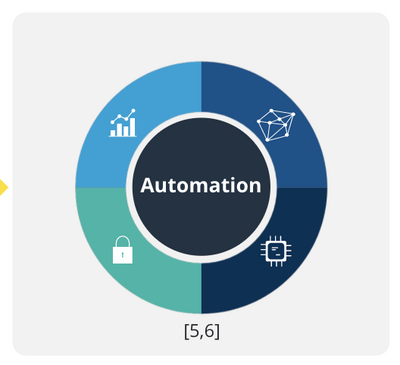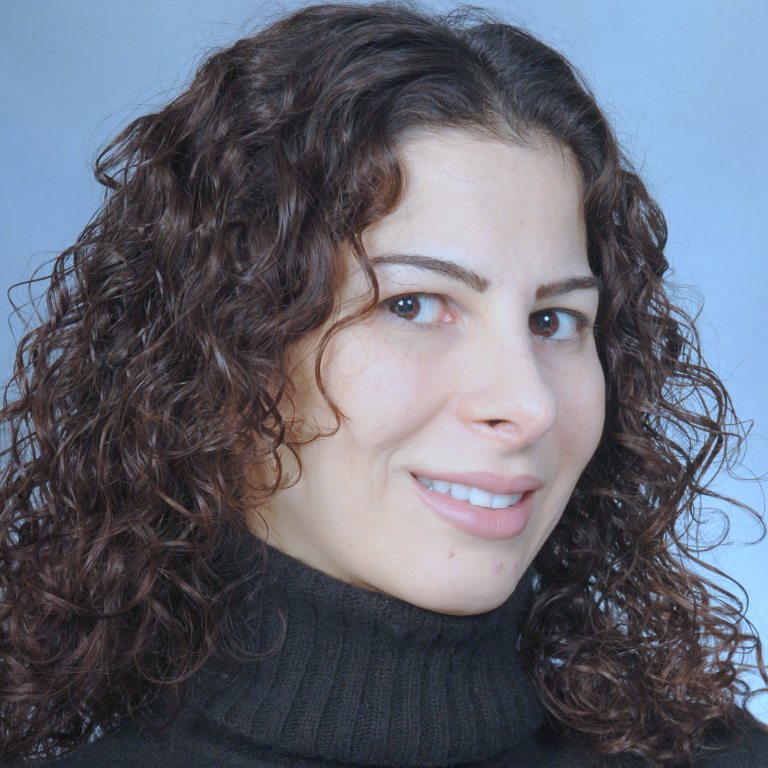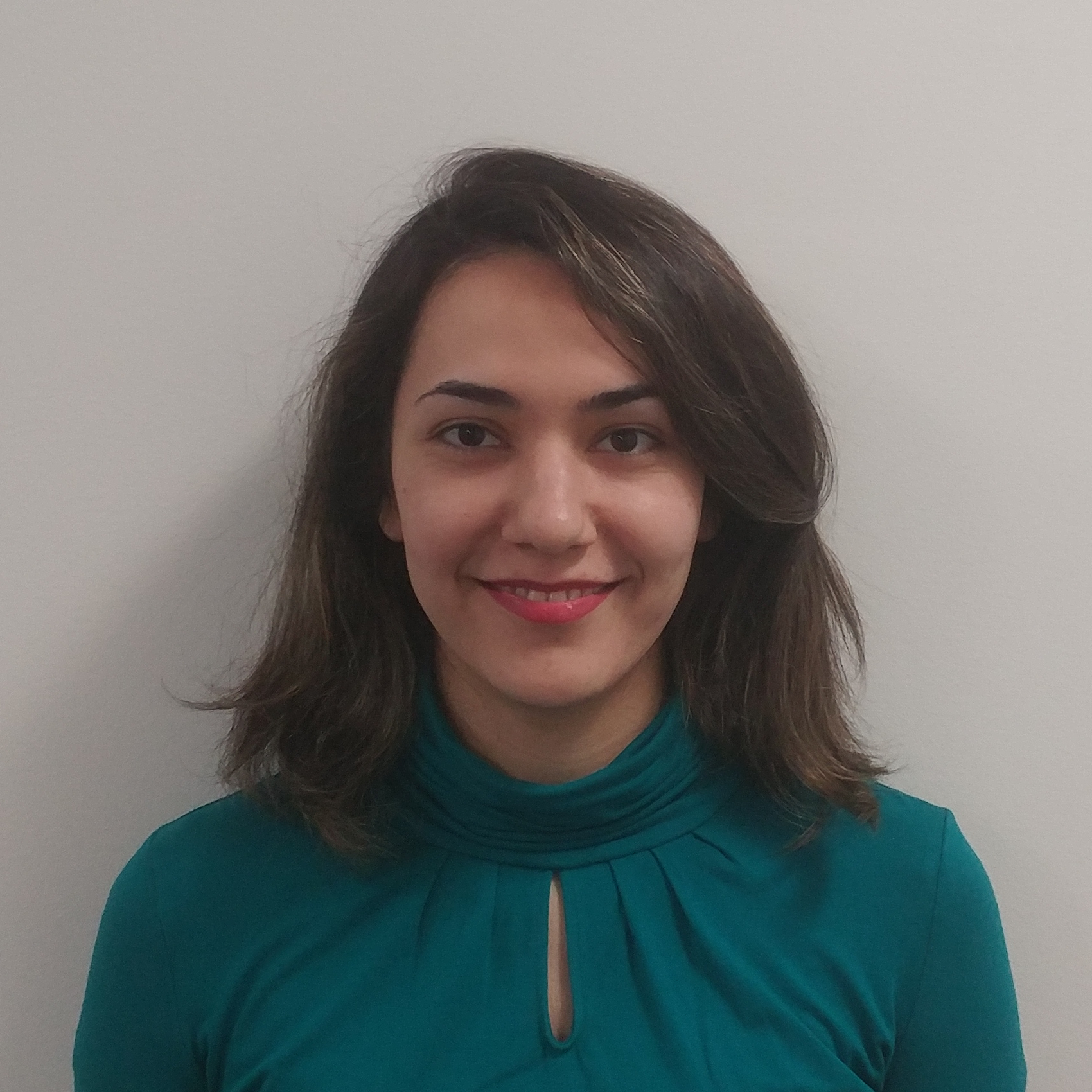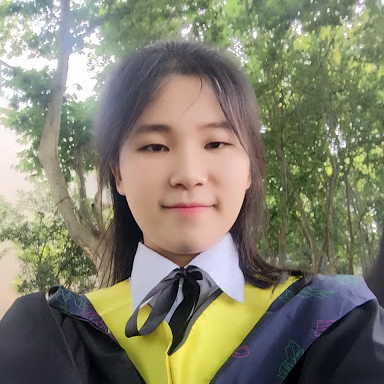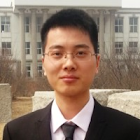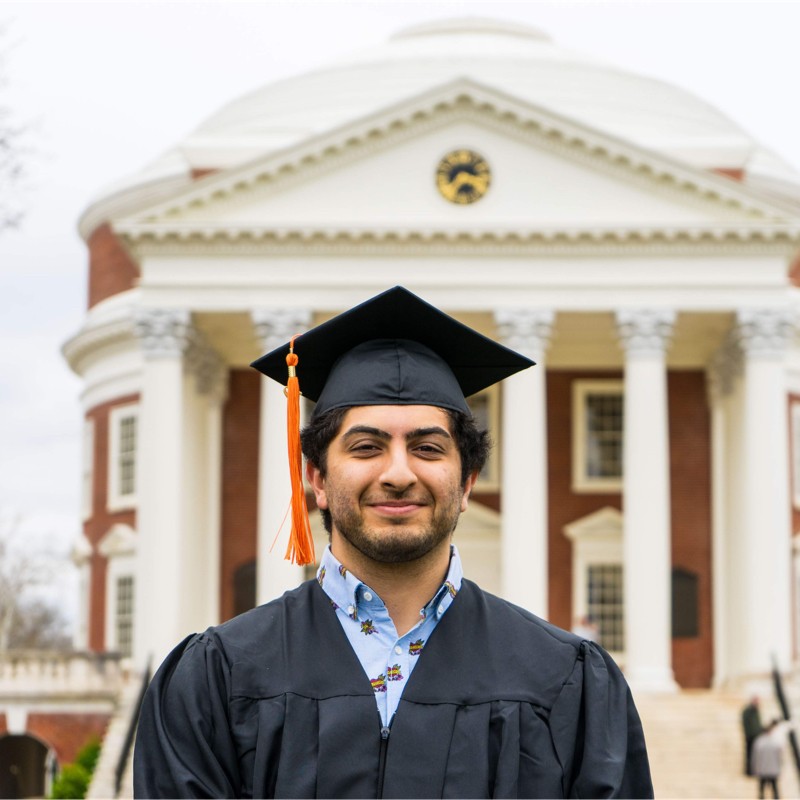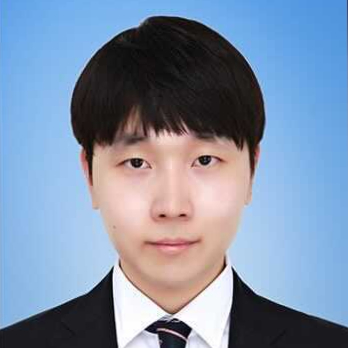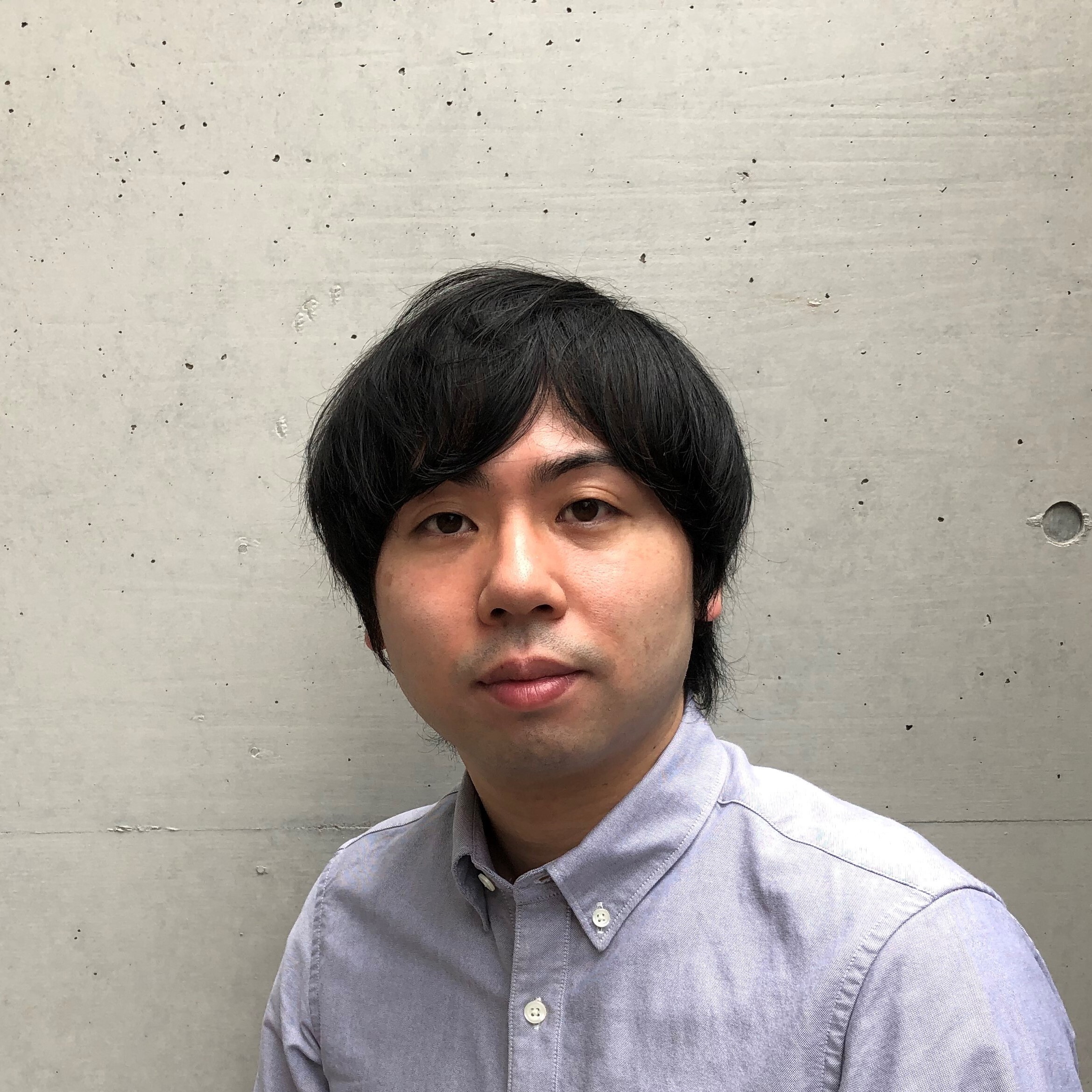Difference between revisions of "Home"
From ACES
| Line 30: | Line 30: | ||
A distinguishing characteristic of our research is bridging the divide between the theory and implementation. One the one hand, we use theoretical methods from various disciplines such as statistics, optimization, and cryptography to address complex hardware engineering problems. On the other hand, we utilize practical computer engineering and design automation techniques to address sophisticated problems in security, data mining, and emerging technologies. Simultaneous with development of models and theory, we realize and deploy the results in practice whenever possible. In such a way, we obtain a proof-of-concept from our realization, which often proposes novel methodologies and newer research directions. We also have a number of collaborative projects with experts in relevant fields (e.g., security, data mining, computer architecture). | A distinguishing characteristic of our research is bridging the divide between the theory and implementation. One the one hand, we use theoretical methods from various disciplines such as statistics, optimization, and cryptography to address complex hardware engineering problems. On the other hand, we utilize practical computer engineering and design automation techniques to address sophisticated problems in security, data mining, and emerging technologies. Simultaneous with development of models and theory, we realize and deploy the results in practice whenever possible. In such a way, we obtain a proof-of-concept from our realization, which often proposes novel methodologies and newer research directions. We also have a number of collaborative projects with experts in relevant fields (e.g., security, data mining, computer architecture). | ||
== Recent publications == | |||
<div class="bibliography" data-style="list" data-more="1"><!-- | |||
-->[[File:Ajax-loader.gif]]<!-- | |||
--><div class="bibliography-data" style="display:none"><!-- | |||
-->{{#tag:nowiki|{{#invoke:Publications|main|limit=10}}}}<!-- | |||
--></div><!-- | |||
--></div> | |||
== People == | == People == | ||
| Line 232: | Line 240: | ||
* Praveen Kumar Pendyala (Undergrad Intern), pursuing MS at TU Darmstadt | * Praveen Kumar Pendyala (Undergrad Intern), pursuing MS at TU Darmstadt | ||
* Akshat Kharaya (Undergrad Intern), now senior analyst at McKinsey & Company | * Akshat Kharaya (Undergrad Intern), now senior analyst at McKinsey & Company | ||
Revision as of 22:19, 27 September 2021
The Adaptive Computing and Embedded Systems (ACES) Lab, lead by Prof. Farinaz Koushanfar, focuses on making intelligent data-intensive embedded computing applications and systems. The added intelligence is to satisfy security and robustness, energy-efficiency, timeliness, IP protection rights, design automation, and many more requirements of emerging technologies.
-
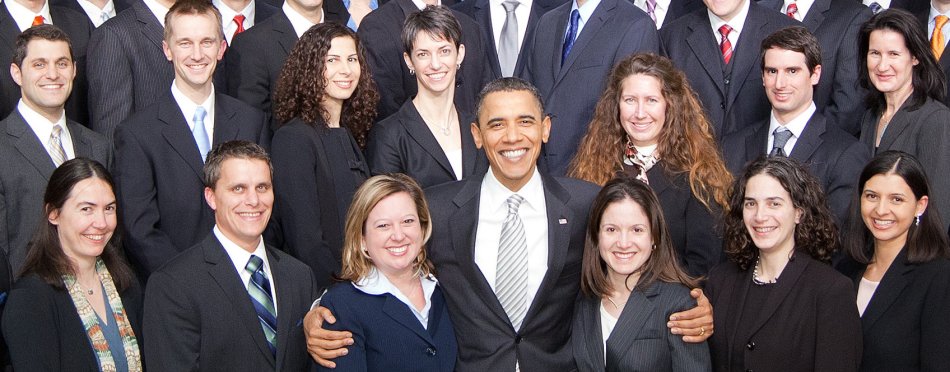
Obama2 Placeholder for descriptions
-

TR35 Placeholder for descriptions
-
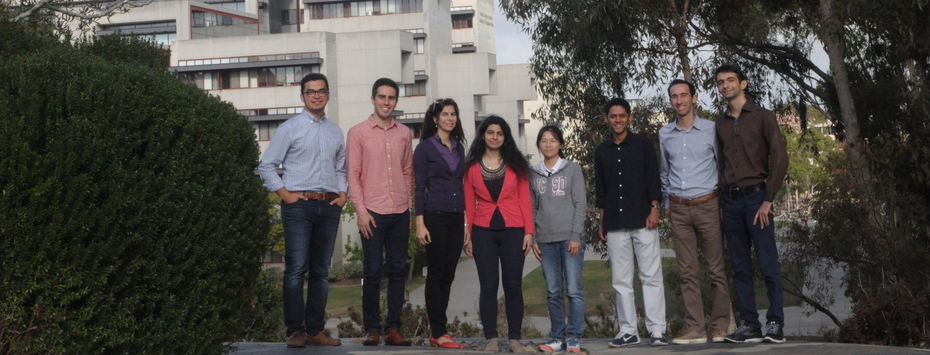
Group UCSD Placeholder for descriptions
Our modern society is increasingly dependent on embedded computing devices that process a vast amount of data. Common examples include visual computing on mobile phones, automotive embedded system, wireless sensor networks, implantable medical devices, and mobile virtual reality games. The content, communication, and processing algorithms can be overwhelming on small platforms. What exacerbates the problem are the real-time constraints set by certain applications, which prohibits outsourcing to the cloud due to the incurred delay and uncertainty.
To be viable, there are at least two major sets of technical challenges that need to be addressed for small form-factor platforms that enable present and pending Internet-of-Everything (IoE) systems. One set of hurdles has to do with resource and/or application constraints such as real-time, available energy, or memory. Another set of barriers arises due to security, reliability or safety requirements. Attacks on these systems go far beyond destruction of data, as they have the potential to impact physical assets and people’s lives. In this context, classic solutions for resource-efficiency and/or security are of limited effectiveness.
A distinguishing characteristic of our research is bridging the divide between the theory and implementation. One the one hand, we use theoretical methods from various disciplines such as statistics, optimization, and cryptography to address complex hardware engineering problems. On the other hand, we utilize practical computer engineering and design automation techniques to address sophisticated problems in security, data mining, and emerging technologies. Simultaneous with development of models and theory, we realize and deploy the results in practice whenever possible. In such a way, we obtain a proof-of-concept from our realization, which often proposes novel methodologies and newer research directions. We also have a number of collaborative projects with experts in relevant fields (e.g., security, data mining, computer architecture).
Recent publications[edit | edit source]
People[edit | edit source]
Supervisor[edit | edit source]
Postdoctoral[edit | edit source]
PhD[edit | edit source]
Master[edit | edit source]
Undergraduate[edit | edit source]
Visiting Scholar[edit | edit source]
Alumni[edit | edit source]
- Bita Rouhani, at Microsoft Research
- Mohammad Ghasemzadeh, at Apple
- Ebrahim M. Songhori (PhD), at Google
- Azalia Mirhoseini (PhD), now researcher at Google Brain
- Ye Zhang (MS), pursuing PhD at Rice University
- Chenhui Huang (MEE), now at Oracle
- Golsa Ghiaasi Hafezi (Post-doc), now Research Associate at Technische Universitat Wien.
- Joonho Kong (Post-doc), Assistant Professor at Kyungpook National University
- Arslan Munir (Post-doc), now Assistant Professor at the University of Nevada, Reno
- Masoud Rostami (PhD), now at Oracle Research
- Mehrdad Majzoobi (PhD), Founder and CEO of MeshMotion Inc.
- Salar Yazdjerdi (MEE), now at Uber Software Development
- Kangqiao Hu (MEE), now at AMD
- Ming Tong (MEE), now at C&J Energy Services
- Kai Li (MEE), now at Qualcomm
- Cathy Huang (BS), pursuing MBA at Duke
- Kevin Ting (BS), Customer Success Manager at HealthCrowd
- Praveen Kumar Pendyala (Undergrad Intern), pursuing MS at TU Darmstadt
- Akshat Kharaya (Undergrad Intern), now senior analyst at McKinsey & Company
